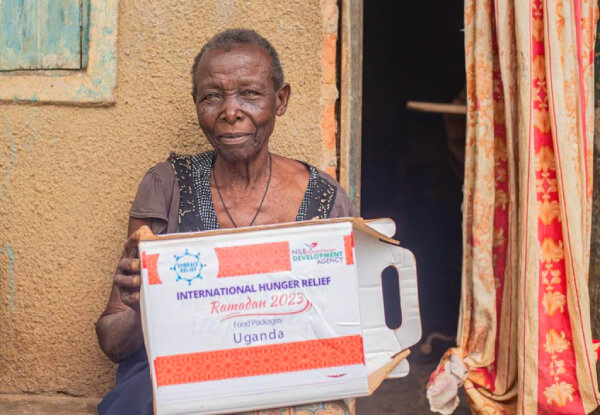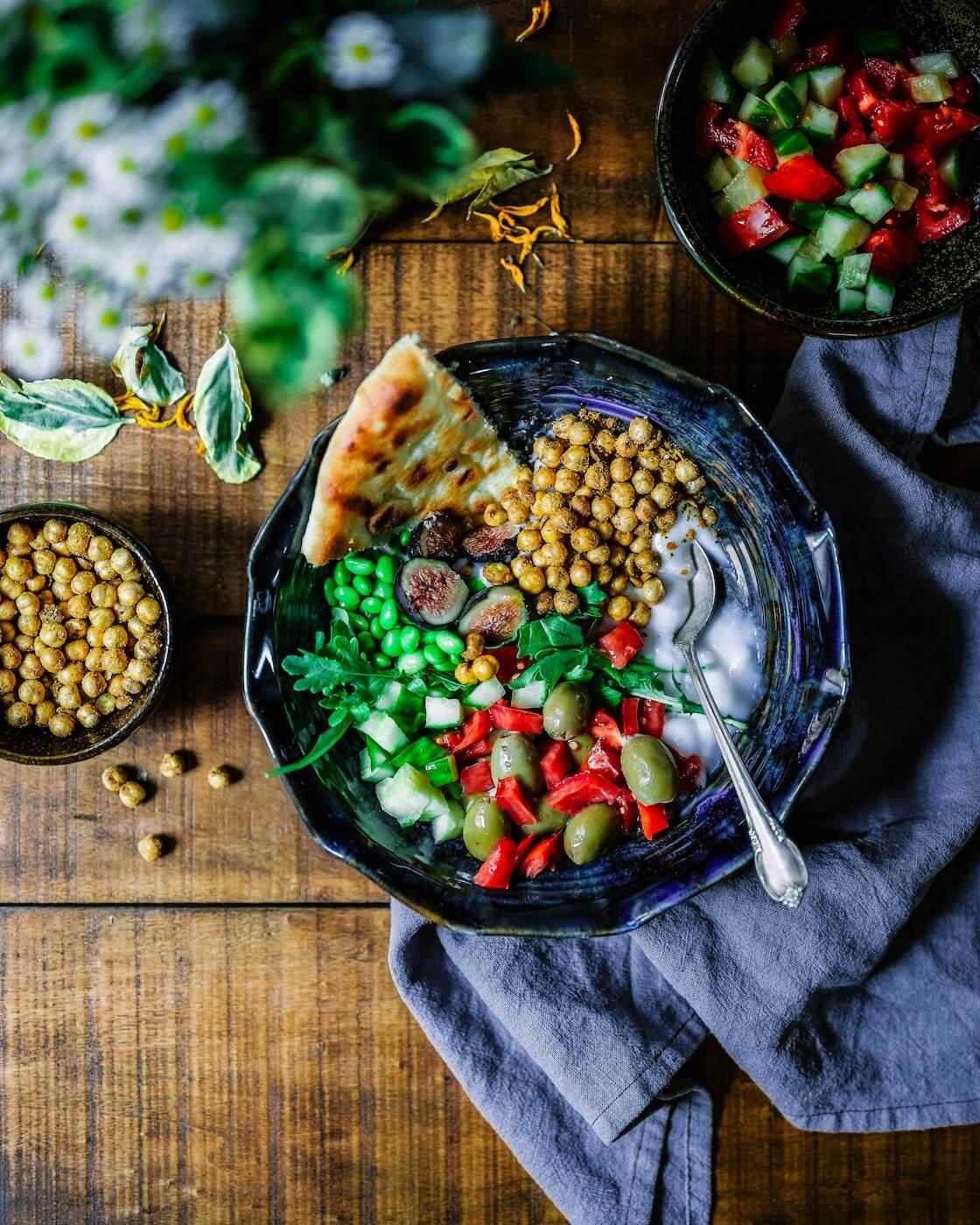Halal is an Arabic term meaning “permissible” or “lawful,” and it refers to anything that adheres to Islamic law, as outlined in the Quran. While the term can apply to many aspects of life, it is most commonly associated with food and drink. Halal dietary guidelines are fundamental to Muslim practices and have deep cultural and religious significance. Understanding what halal means and which foods fall under this category is crucial for those who observe these rules and those who wish to cater to halal dietary requirements.
The Meaning of Halal in Islamic Tradition
Halal food is prepared, processed, and consumed according to Islamic dietary laws, known as sharia. These laws are designed to ensure cleanliness, ethical treatment of animals, and adherence to spiritual principles. Foods that do not meet halal criteria are referred to as haram, meaning “forbidden.” In some cases, foods may fall into a gray area known as mushbooh if their halal status is uncertain.
What Foods Are Considered Halal?
Foods are classified as halal based on their ingredients, sourcing, and preparation methods. Here’s a breakdown of what is generally considered halal:
1. Meat and Poultry
For meat to be halal, it must meet the following conditions:
- Animal type: Only certain animals are permissible, including cattle, sheep, goats, chickens, and fish. Pigs and carnivorous animals are strictly forbidden.
- Method of slaughter: Animals must be slaughtered by a Muslim, who recites the name of Allah (Bismillah Allahu Akbar) during the process. The method ensures the animal is treated humanely, and its blood is fully drained.
- Health condition: The animal must be healthy at the time of slaughter.
2. Seafood
Most seafood is considered halal in Islam, as long as it is fresh and free from contamination. However, some schools of Islamic thought differ on specific types, such as shellfish.
3. Fruits and Vegetables
All fruits and vegetables are halal by default, provided they are free from harmful additives, pesticides, or cross-contamination with non-halal substances, or do not cause intoxication of any kind.
4. Dairy Products
Dairy products like milk, cheese, and yogurt are halal as long as they do not contain any non-halal additives such as gelatin derived from pork or rennet from non-halal sources.
5. Grains and Plant-Based Foods
Staples like rice, bread, pasta, and legumes are halal, provided they don’t include forbidden ingredients or alcohol-based flavorings.
6. Beverages
Beverages must be free from alcohol to be considered halal. While water, juices, and teas are generally permissible, certain sodas or flavored drinks may need closer inspection due to the presence of alcohol-based additives.
Common Foods That Are Not Halal
While understanding halal foods is essential, it’s equally important to recognize what is explicitly forbidden. Some examples include:
- Pork and its derivatives: This includes bacon, ham, and lard.
- Alcohol: Both as a beverage and as an ingredient in food.
- Improperly slaughtered animals: Any meat not slaughtered according to halal guidelines is considered haram.
- Animal by-products: Gelatin or enzymes sourced from non-halal animals.
The Growing Popularity of Halal Foods
Halal food has become a global phenomenon, with an increasing number of halal-certified products available in mainstream markets. The demand for halal options is not limited to Muslim consumers; many non-Muslims prefer halal food for its focus on ethical sourcing and preparation.
For Muslims, consuming halal food is not merely a dietary choice but a fundamental aspect of faith and spirituality. For businesses and individuals, respecting halal requirements fosters inclusivity and ensures accessibility for diverse communities.
By understanding what halal means and the foods that are considered halal, you can make informed decisions, whether you are observing these dietary laws or catering to those who do. Whether it’s choosing ethically prepared meat or offering alcohol-free beverages, every step helps create a more inclusive and culturally aware environment.
Help provide nutritious food this Ramadan with Embrace Relief
For many millions of people around the world, however, finding adequate amounts of food is far from a certainty of daily life. Hundreds of millions around the world, including many Muslims, face chronic undernutrition. That’s why Embrace Relief works to provide nutritious food packages through our International Hunger Relief campaigns. In 2024, our International Hunger Relief campaigns reached more than 230,000 people in 24 countries, spanning 5 continents.
Because Embrace Relief distributes food in a diverse array of countries and communities, we put a high priority on ensuring that each food package meets the specific cultural, religious and dietary needs of the communities we support. For this reason, we are able to make a powerful impact and support vulnerable families wherever they live.
But we can’t continue this work without you. When you give to Embrace Relief’s International Hunger Relief: Ramadan 2025, you’re helping us create a better, healthier world. Just $35 can provide a family of five with enough food for a full week, so don’t delay! Donate today by clicking here, or by using the form below and help Embrace Relief share nutritious food with our friends around the globe.






















